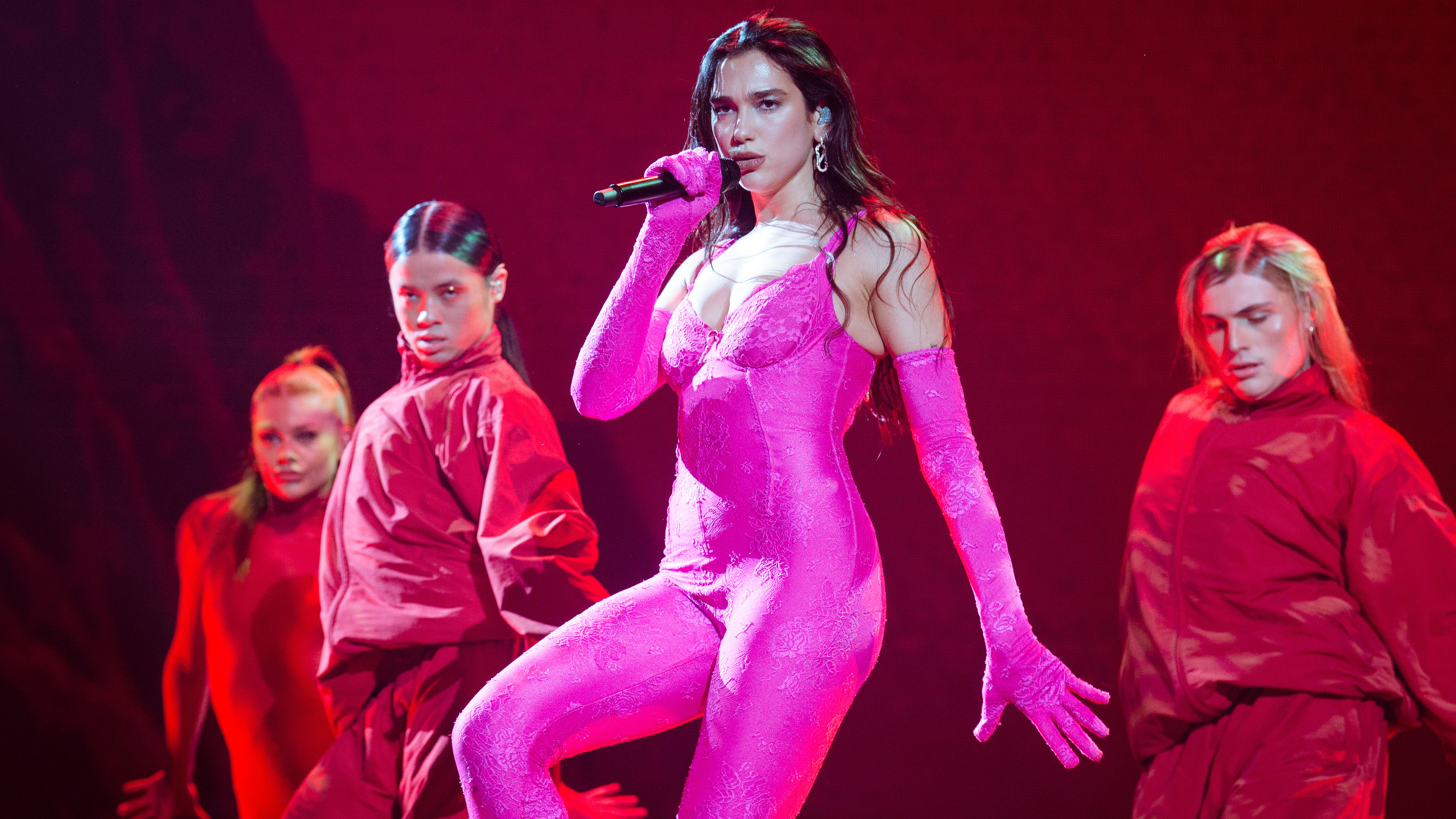SoundCloud’s “historic” new licensing deal with Warner Music Group promises a fairer way for major label artists to be paid streaming royalties
“Under Fan-Powered Royalties, more artists get paid more money”

Want all the hottest music and gear news, reviews, deals, features and more, direct to your inbox? Sign up here.
You are now subscribed
Your newsletter sign-up was successful
SoundCloud has confirmed what it’s calling a “historic global licensing deal” with Warner Music Group (WMG), which sees it becoming the first major label to adopt SoundCloud’s Fan-Powered Royalties model.
This means that, when a fan listens to a WMG artist on SoundCloud, the subscription or advertising revenue goes to that particular artist rather than being pooled under the pro-rata model that the industry has been using up to now.
The hope is that this will prove to be a more equitable way for streaming royalties to be distributed, and that it will give artists more control and open up “new fan monetisation opportunities”.
WMG's current roster includes a slew of big-name artists, including Ed Sheeran, Camilla Cabello, Red Hot Chili Peppers, Eric Clapton and Dua Lipa.
“Today's deal is a major milestone because, under Fan-Powered Royalties, more artists get paid more money,” says SoundCloud president Eliah Seton. “But even more importantly, Fan-Powered paves the way for artists to create even more opportunities to monetise their art beyond streaming and create more value, driven by engagement with their fans.”
Oana Ruxandra, Chief Digital Officer & EVP, Business Development, WMG, adds that: “The evolution of the music industry brings new ways to create, consume and monetise. As the ecosystem expands, WMG is focused on advancing and experimenting with new economic models to ensure the opportunities for our artists and their communities are maximised.
“SoundCloud has been an amazing partner in connecting artists and fans, deepening our relationship will allow us both to proactively build for the future.”
Want all the hottest music and gear news, reviews, deals, features and more, direct to your inbox? Sign up here.



I’m the Deputy Editor of MusicRadar, having worked on the site since its launch in 2007. I previously spent eight years working on our sister magazine, Computer Music. I’ve been playing the piano, gigging in bands and failing to finish tracks at home for more than 30 years, 24 of which I’ve also spent writing about music and the ever-changing technology used to make it.